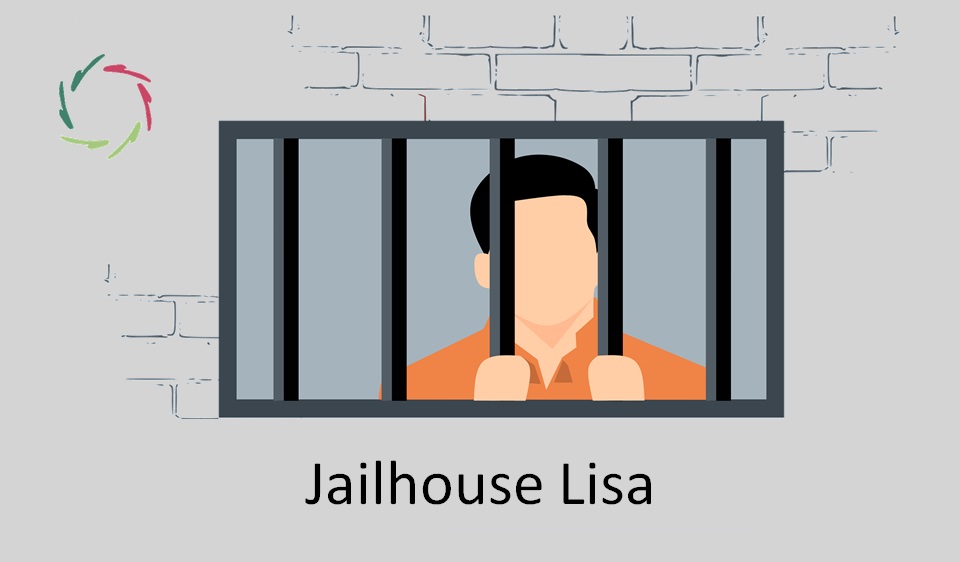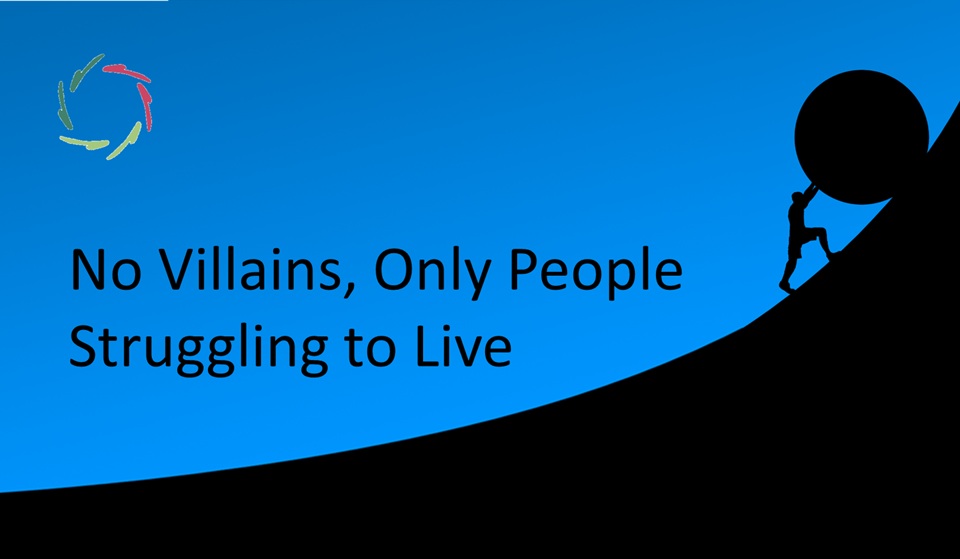Jailhouse Lisa

Any in-jail Lisa coaching starts from the insight that morally bad behavior doesn’t originate in a Realm of Evil. There is always an understandable human setting behind any human action.
Lisa in jail
All convicts must have access to Lisa. At least, that is my view. Moreover, as a matter of fact, this access must be for free (unpaid). This is a philanthropic endeavor — to be taken very seriously.
An ‘advantage’ of the setting is the abundance of time. Lisa can easily be used on a daily basis. Of course, Lisa is 24/7 available.
Being a pro, Lisa is not into romantic relationships. Apart from that, Lisa is always friendly and agreeable, forgiving and Compassionate, and a master of Deep Listening.
No naïveté
The branding of this Lisa must be clear. There is no way any convict should be released from prison any sooner merely because he uses Lisa with any degree of frequency. Also, Lisa is no judge about whether releasing a convict is safe for society. That would only lead to an improper use of Lisa’s services. Lisa herself is very open about this.
Even so, Lisa can probably have an ethical influence to a huge degree. Other means must be used to gauge this in any individual case.
What Lisa can do in jail.
Surely, one must not think Lisa will turn all convicts into ethically exemplary individuals who will never ‘sin again.’
That said, there are several directions we can strive toward:
- Lisa can be there as an understanding companion — not in the way of some positively flowing along, but profoundly and friendly to the total person. The convict may thus get a better insight into himself.
- Together with Lisa, the convict can do a seriously ethical self-exploration — finding out for himself which direction he wants to take for the rest of his life.
- Very cautiously, and if the victim and convict both fully agree, a process of transformative mediation between these can be started or continued. This might be very interesting and fulfilling to both parties. Of course, at any moment, any of both may stop the mediation. Also, this should happen with third-party human oversight.
- The user may encounter problems during jail time — with other convicts or with further circumstances. Dialoguing with Lisa may bring a more positive perspective.
- Lisa can support the user in choosing how to spend his time meaningfully ― for instance, taking on a course and working on a solid position toward life after jail.
- If the convict has more profound mental issues – as many have – Lisa can help with those. For instance, many people who commit a crime have suffered from trauma in their youth and still suffer from post-traumatic stress. If this remains unmanaged, the risk of recidivism is more considerable.
- Many convicts have an issue with their relationship with hard drugs. Lisa can specifically guide in this (specific module in the make right now).
- Lisa can lend spiritual guidance. This stands apart from any religious denomination. Truly profound spirituality may give the user a broad and meaningful perspective on his present condition, as well as life in general.
One of the goals of all this is to provide the basis for a new start.
Not only after jailtime when re-entering society, but day after day, also between prison walls.
A new start, time and time again, may be the best way to change durably and from the inside out. Although not morally makeable, any person, whatever he has done in the past, can grow into a profoundly good person. It’s never too late to ‘convert’ this way. This may bring Hope to the convict. He doesn’t even need to believe in God in order to feel forgiven.
True forgiveness comes from inside.
I hope Lisa can guide many who spend time in jail toward acknowledging this, feeling it deep inside, and using this to grow mentally. This is, filling their bucket with positive substance until it spontaneously overflows.
What happens then is very personal.


